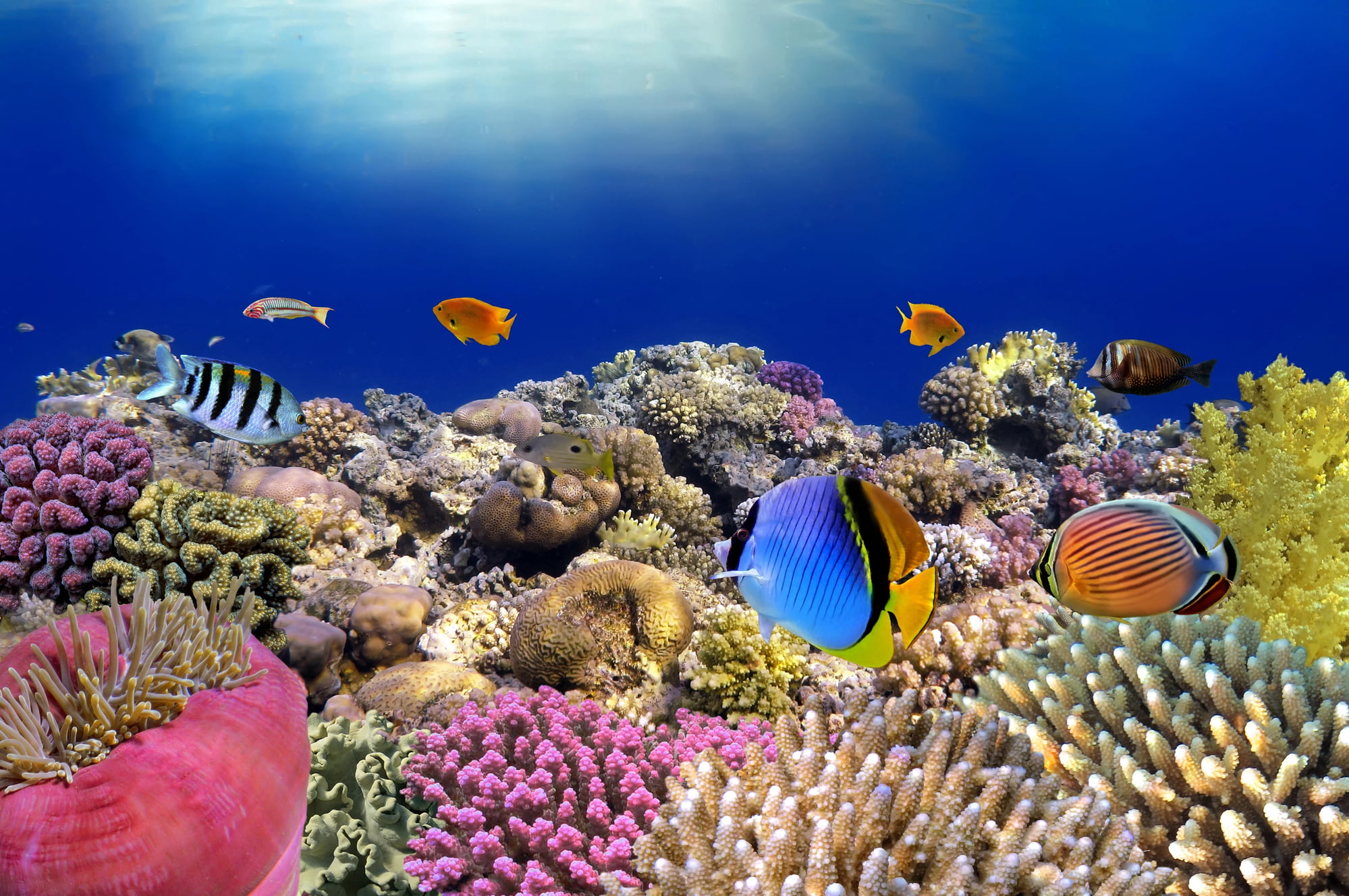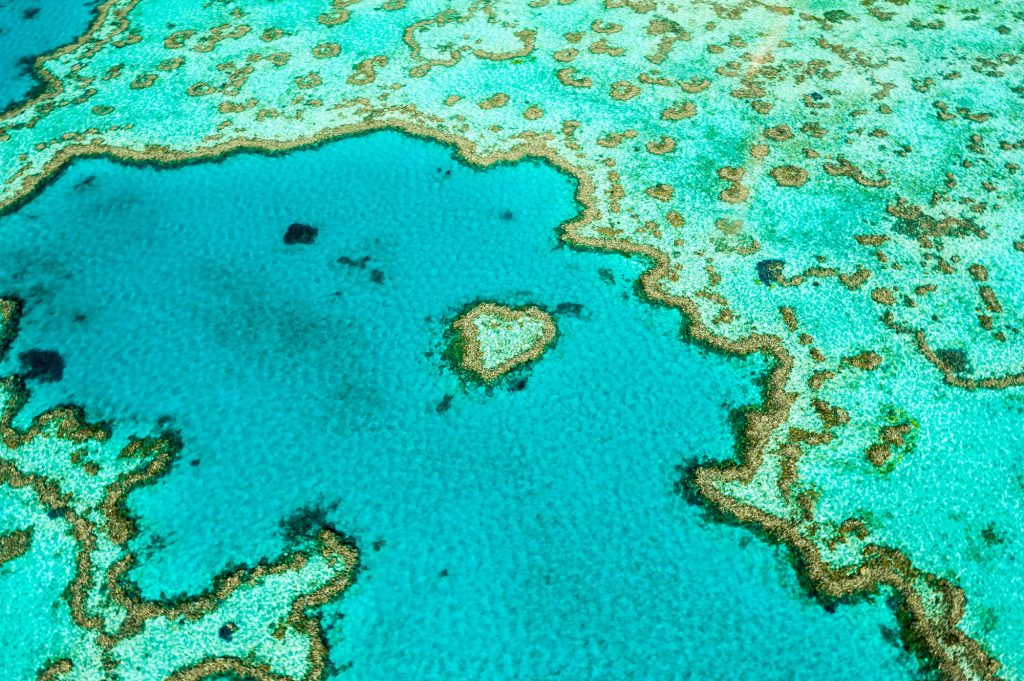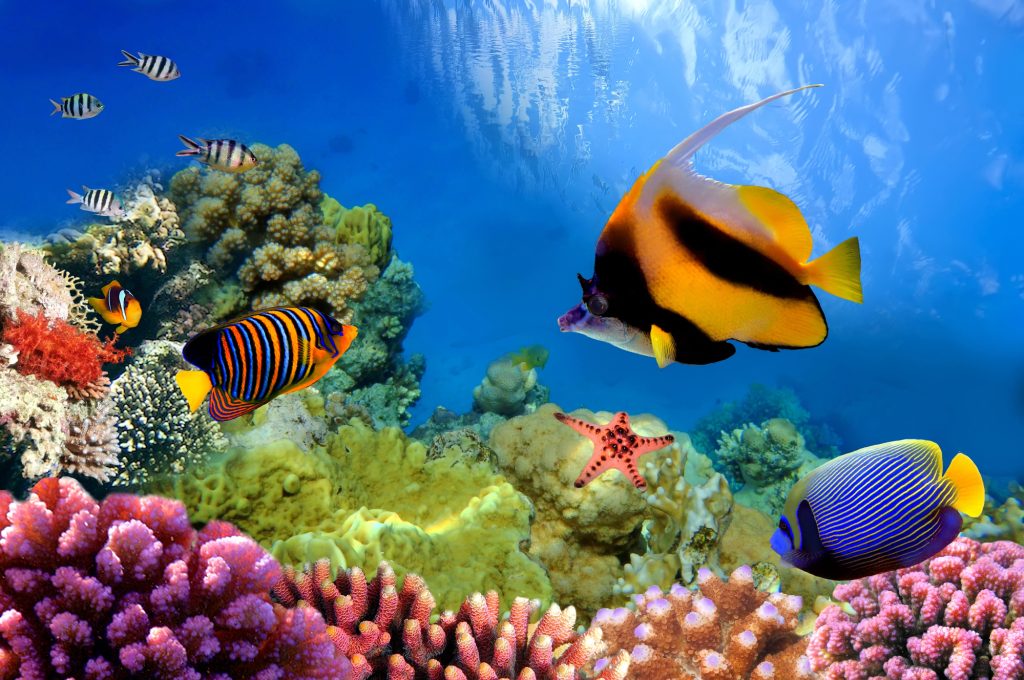
The Importance of Protecting and Preserving the World’s Oceans
The world’s oceans are not only breathtakingly beautiful and teeming with life, but they also play a critical role in sustaining life on Earth. From regulating the global climate and weather patterns to providing essential resources and livelihoods for millions of people, the oceans are a cornerstone of our planet’s well-being. However, these vital ecosystems are facing unprecedented threats, ranging from pollution and overfishing to habitat destruction and climate change. In this essay, we will delve into the pivotal role of the oceans, the major threats they face, the benefits they offer, and specific actions to protect and restore them, emphasizing why saving the oceans should be a global priority.
Critical Role of Oceans in Sustaining Life on Earth
The oceans are essential for maintaining the equilibrium of the global climate and weather patterns. Oceans absorb over 90% of the heat and approximately 30% of carbon dioxide emissions produced by human activities, playing a crucial role in regulating temperature and weather across the globe2. Furthermore, healthy oceans are vital for climate regulation, as they contribute to the formation of clouds and precipitation, which are essential for sustaining life on land3. Additionally, oceans are home to a diverse array of species, each playing a unique role in maintaining the balance of marine ecosystems3. For example, coral reefs serve as nurseries for numerous marine organisms, providing shelter and protection for young fish, which in turn contribute to the delicate balance of the reef ecosystem3.

Major Threats Facing the Oceans
The oceans face a myriad of threats, including pollution, overfishing, habitat destruction, and climate change. Human activities such as overfishing, pollution, and habitat destruction have put our oceans at risk, with over 90% of the world’s fish stocks either fully exploited or overfished2. In addition, increasing temperatures in the Atlantic and Pacific Oceans have been linked to harmful algal blooms, which can produce toxins that are hazardous to marine life and humans1. Furthermore, climate change is making it difficult for Indigenous people to practice fishing traditions, posing a threat to subsistence fishing in Alaska1. These threats not only damage marine life but also jeopardize the overall health of the oceans, impacting global ecosystems and weather patterns.
Economic, Social, and Environmental Benefits of Healthy Oceans

Healthy oceans provide essential resources, livelihoods, and recreational opportunities for people around the world. Oceans are crucial for food security, accounting for 20% of global animal protein consumption and over 50% in many developing nations1. Furthermore, oceans support fisheries, providing a source of food and livelihood for millions of people around the world3. In addition to fisheries, oceans offer recreational opportunities such as diving, snorkeling, and boating, attracting tourists and contributing to local economies3. Moreover, the process of carbon sequestration, where carbon dioxide is absorbed and stored in the deep ocean, plays a vital role in reducing greenhouse gas emissions and slowing down global warming3.
Specific Actions and Policies for Ocean Protection
To protect and restore the oceans, concerted efforts in ocean conservation are imperative. Implementing sustainable fishing practices, reducing plastic pollution and marine debris, and establishing marine protected areas (MPAs) are essential steps to safeguard our marine ecosystems3. Governments, businesses, and individuals can contribute by promoting sustainable fishing practices, reducing energy use to lower carbon emissions, and supporting the establishment of marine protected areas (MPAs) where fishing is restricted or prohibited1. Furthermore, international cooperation and policy initiatives are crucial to address the global nature of ocean conservation challenges.
Conclusion
In conclusion, the oceans are an integral part of the global environment, influencing climate, weather, and supporting a myriad of life forms. However, they are under immense threat from human activities and climate change. Protecting and preserving the oceans should be a global priority, as healthy oceans are not only essential for the well-being of our planet but also provide vital resources, livelihoods, and recreational opportunities for people around the world. By taking specific actions such as promoting sustainable practices, reducing pollution, and establishing marine protected areas, we can ensure the long-term health and resilience of our oceans for present and future generations.
In a world where the health of our oceans is intertwined with the well-being of all life on Earth, it is our collective responsibility to save the ocean and safeguard its rich biodiversity for the benefit of future generations. Through collaboration, sustainable practices, and conservation efforts, we can ensure that our oceans remain vibrant, productive, and resilient ecosystems for generations to come.





